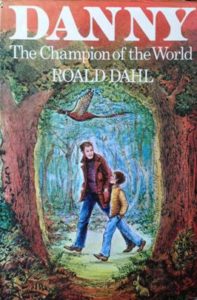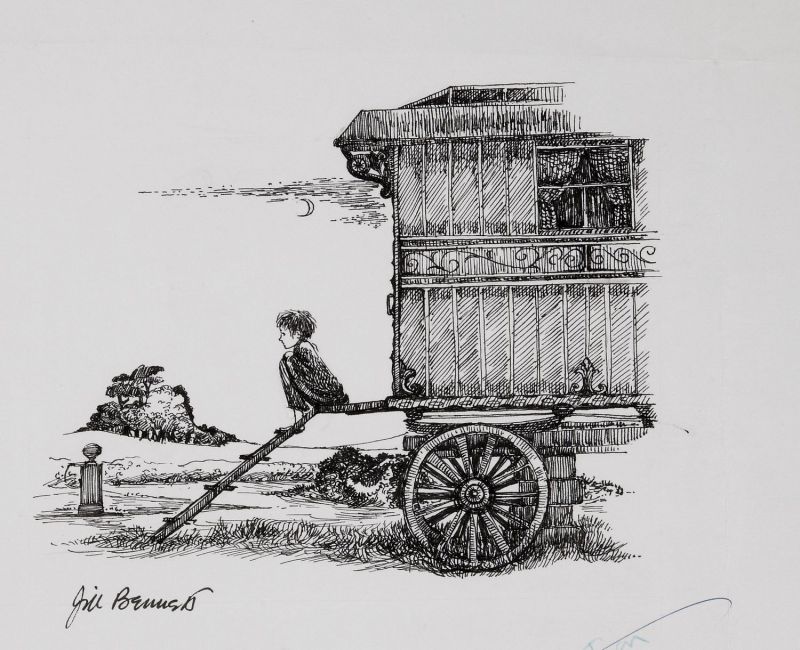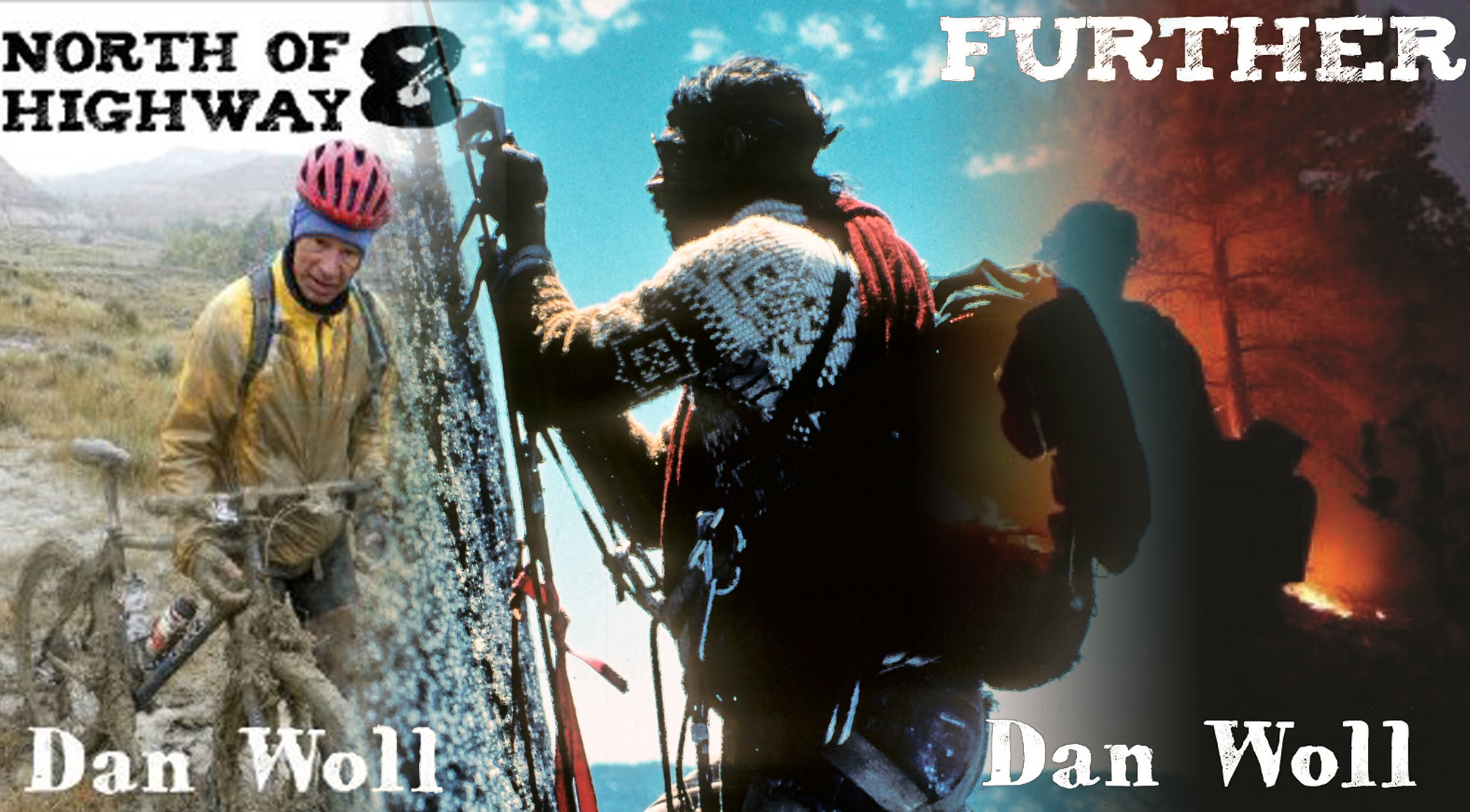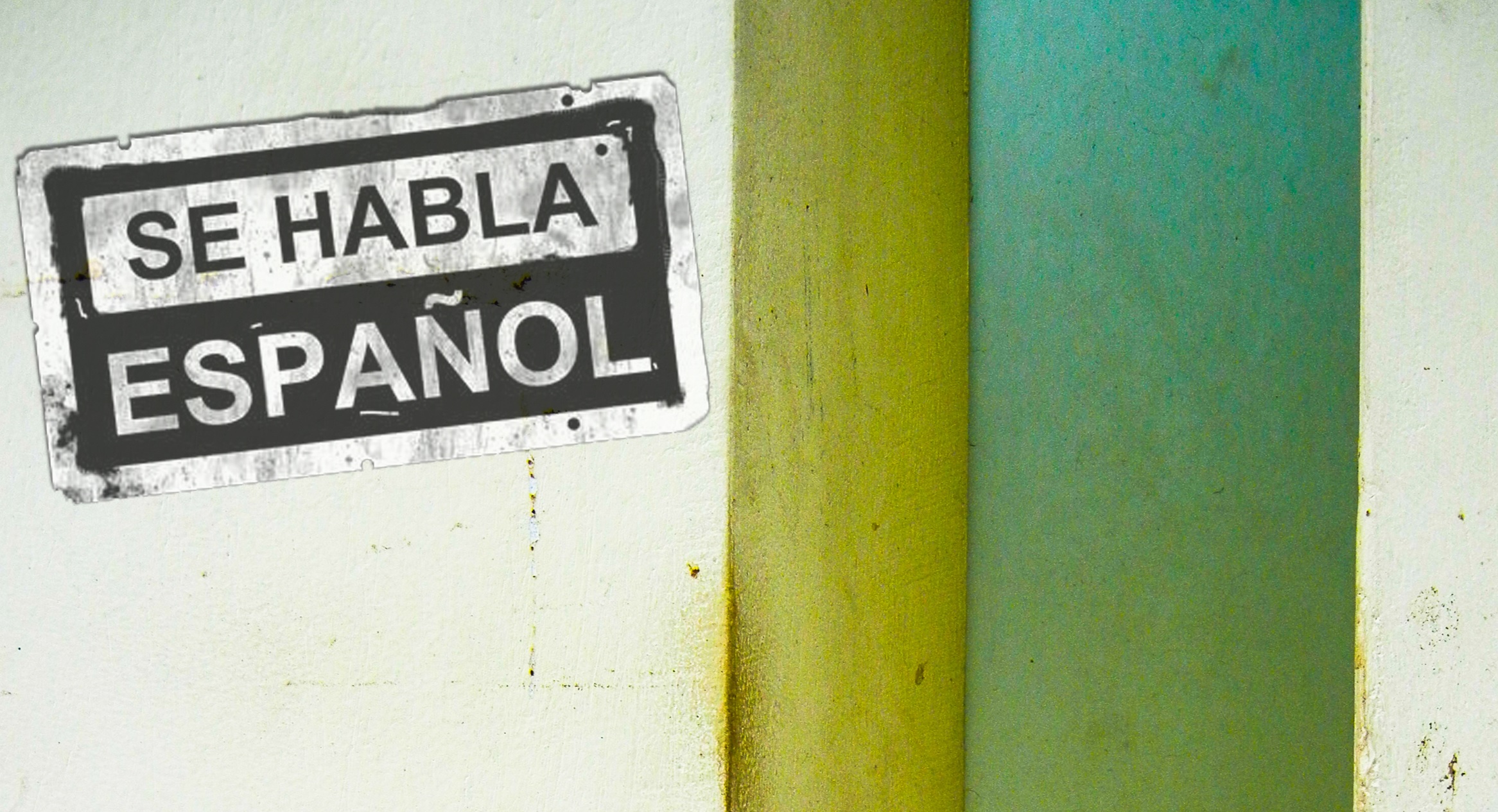Most people are familiar with the works of Roald Dahl. Charlie and the Chocolate Factory is an enduring classic that has spawned two movie versions (the first with a screenplay by Dahl himself), and many of his other books have been turned into films as well (most recently The BFG). But there is one book by Roald Dahl that stands apart as a fine example of a mature narrative that is nevertheless ideal for children. However, you don’t see it turn up on the radar all that often. Perhaps it’s because the people that publish books of literary criticism don’t own the rights to Dahl’s best work, so they figure, “Why tell the truth about what’s great? Instead, let’s push a book we own and make MONEY!” This is sort of like when your college professor has written a book…HMMMMM what book are you studying that semester?
These days, it has become more and more popular to bash Dahl although the evidence against him is about what you’d find on any flawed but generally decent human being. For my part, the very worst of his transgressions is the “stinker like Hitler” quote, which I choose to believe is an example of unfortunate language that Dahl might have chosen to retract. There were, of course, issues in his marriage that nobody would be proud of (as there are with many marriages). But in Dahl’s history you hardly find terrible scandals or true acts of malice. The thing is, there’s such a tenderness and affection for children in Dahl’s books, along with a fundamental understanding of their pain, that I just can’t think of Roald Dahl as a bad person. Flawed, certainly, but bad…no.
Another reason that Dahl is widely criticized is the common theme in his works of showing impoverished people as morally superior to the wealthy. This is a theme that Dahl’s work share with The Holy Bible, and oddly that book never seems to receive similar criticism.
When I was growing up, Dahl’s work was so superior to all other literature for young readers that you basically couldn’t read anything else once you had discovered him. His achievement is actually quite remarkable because, as Dahl said himself, children aren’t going to tolerate something that doesn’t keep them entertained. The thing that truly set Dahl’s work apart was that you didn’t feel you were being talked down to. Oftentimes adults tell stories to children with a funny voice and a lackadaisical effort that indicates, without question, they’d rather be anywhere but spending time with you. Worst of all is when a story imparts a lesson, because above all most children’s lit likes to make clear how far children have to go before they can be considered “proper” members of society. Dahl’s work is about the only source out there that admits, “yeah…there are plenty of adults who have their issues too.”
Charlie and the Chocolate Factory is a fantastic novel that creates a mythology almost as magical as the OZ books. I sincerely wish that Dahl had kept going and given us 20 volumes of Willy Wonka’s adventures, however the sequel, Charlie and the Great Glass Elevator, feels more like something a decent author could knock off in an afternoon. For every truly great novel by Dahl, there are others with notable flaws. James and the Giant Peach is terrific, but George’s Marvelous Medicine seems to end as soon as Dahl reaches his word requirement (and is problematic in other ways). Matilda suffers from Huckleberry Finn syndrome in that it builds magnificently only to take a sharp turn at the end in favor of an easy finish over a potentially more satisfying resolution. For my money, however, there is one book by Dahl that is absolutely perfect. It lacks the zaniness of some of his other creations and sets a tone somewhere between the kid’s work Dahl is most famous for and the adult stories that brought him his initial fame.
 The novel is, Danny the Champion of the World.
The novel is, Danny the Champion of the World.
I just got done reading this book to my children for the second time, and every time I get through it I’m struck by how touching a story it is. As I mentioned before, the novel lacks the zaniness and frantic energy of Dahl’s other work for children. The tone is quite serious, and the world Danny occupies is very similar to our own.
Like many of Dahl’s characters, Danny lives in relative poverty with his father. This isn’t the ridiculous (and funny) poverty of Charlie and the Chocolate Factory where you have four people living in a single bed who subsist on nothing but boiled cabbage. Instead, Danny and his father own a small garage and filling station and live in a tiny caravan out back.
We live in an era where there is a constant media attack on people who, by circumstance or choice, live a modest lifestyle. Indeed, there are some very ugly, unfair, and unfounded narratives pushed out there that suggest the only reason people are poor is because they are “lazy” or “drug addicts” or whatever. One might go so far is to say there is a war on the poor, but that would be the topic for another article. In light of all that, it’s nice to see a narrative where people of modest means are treated with affection and respect.
In Danny the Champion of the World, Danny is aware he doesn’t have much, but he has his father and everything he needs and he’s as happy as he can be. In an era where children’s attention is increasingly diverted by dozens of electronic screens on devices that cost thousands of dollars, it’s refreshing to be reminded that there is no greater joy, for a young child, than to simply sit by a fire with his or her parent, or enjoy a delightful midnight feast.
The relationship between Danny and his father is idyllic, and this book manages to capture something very special. If you’re a child reading this book, Danny’s father is the kind of father you want to have. If you’re a parent, Danny’s father is the kind of father you want to be.
Now, typical of Dahl, that’s not to say that Danny’s father isn’t flawed. He most certainly is flawed. This is most easily seen by the fact that he enjoys heading up the hill in the dead of night to poach pheasants from the lands of Victor Hazel. Hazel is the stereotypical rich guy villain and again is a person who has, unfortunately, stepped onto the pages straight out of the darkest areas of real life. Hazel is a bully who uses his power and influence to cower the weak, and poaching his pheasants is a way that Danny and his father can help preserve their sense of significance in the world.
The main plot point involves a tactic Danny invents for poaching pheasants, but there are some wonderful vignettes that make this novel purr like a fine tuned machine. Early on, 9 year old Danny is forced to take a vehicle from his father’s garage in order to scour the countryside for his missing father, and as he drives the car down the highway Dahl creates a delightful and very real tension that is as good as anything you’ll ever read.
It’s rare to read a novel where every plot element is so perfectly placed. The overall story comes together nicely and there’s not a word wasted throughout the book. That’s not to say the narrative doesn’t take time to stop, stretch and smell the roses from time to time–it most certainly does that, in a way that makes the narrative even better. In the end, Dahl constructs a portrait of a very kind father/son relationship. It’s not an absurd portrait, it’s not something that can’t be achieved. They have a lovely, tender relationship and it’s a joy to take a peek in at their lives for a while. Read it to your kids, you’ll thank me.







No Comment